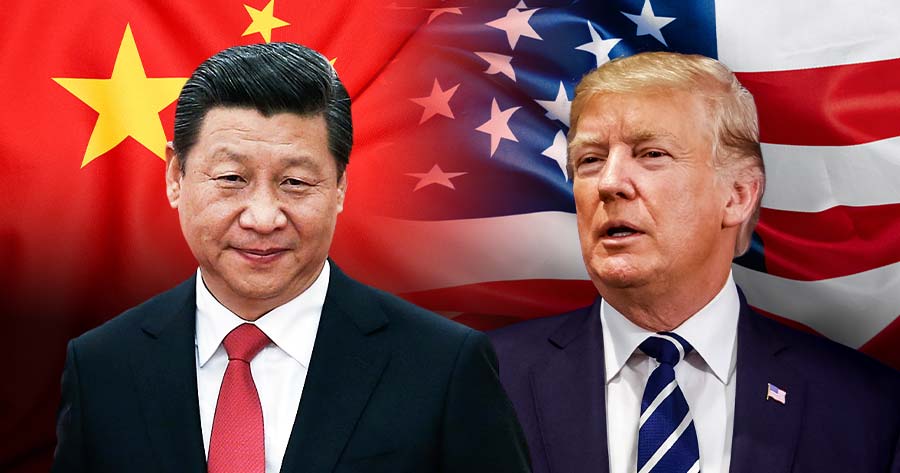U.S. President Donald Trump confirmed he will visit Beijing in April at the invitation of Chinese President Xi Jinping and has invited Xi to make a state visit to Washington next year. The announcement, made after a phone conversation between the leaders nearly a month after their meeting in South Korea, comes as Washington and Beijing move to solidify a tentative trade framework.
The framework reached during the October 30th discussions saw the United States agreeing to forgo imposing 100% tariffs on Chinese goods, while Beijing suspended implementation of new export restrictions on rare earth minerals and magnets.
Both nations have since been working to implement the commitments reached at Busan, according to statements from China’s Foreign Affairs Ministry. Beijing described the current dynamics of U.S.-China ties as “steady and positive,” expressing satisfaction with ongoing progress since the summit.
Recent developments include China’s resumption of U.S. soybean purchases and a pause on tighter export controls for rare earths. Figures from the U.S. Department of Agriculture show China has ordered almost 2 million metric tons of American soybeans, ending a protracted buying freeze. The White House has indicated an agreement for future purchases of up to 25 million metric tons annually for the next three years, although Beijing has yet to endorse those numbers.
On the U.S. side, tariffs on certain Chinese imports have been lowered by 10%, with China pledging increased cooperation to restrict the flow of precursor chemicals used to synthesize fentanyl. China has imposed new export controls on 13 chemicals associated with drug manufacturing, targeting shipments to the U.S., Canada, and Mexico.
The leaders also addressed broader geopolitical issues. Trump and Xi discussed the ongoing crisis in Ukraine, which is currently negotiating a peace agreement with Washington’s encouragement. Beijing signaled support for initiatives promoting stability in Ukraine, according to its official readout.
On Taiwan, Xi reiterated China’s enduring position that the territory’s return is central to its global ambitions. Trump responded, according to the Chinese foreign ministry, by acknowledging the sensitivity of the Taiwan question for Beijing.
While the U.S. has not taken a formal position on Taiwan’s sovereignty, it remains opposed to any use of force in resolving the issue and continues to supply the island with defensive weapons as required by domestic law. The Trump administration recently authorized $330 million in arms sales to Taiwan, drawing swift protest from Beijing.





